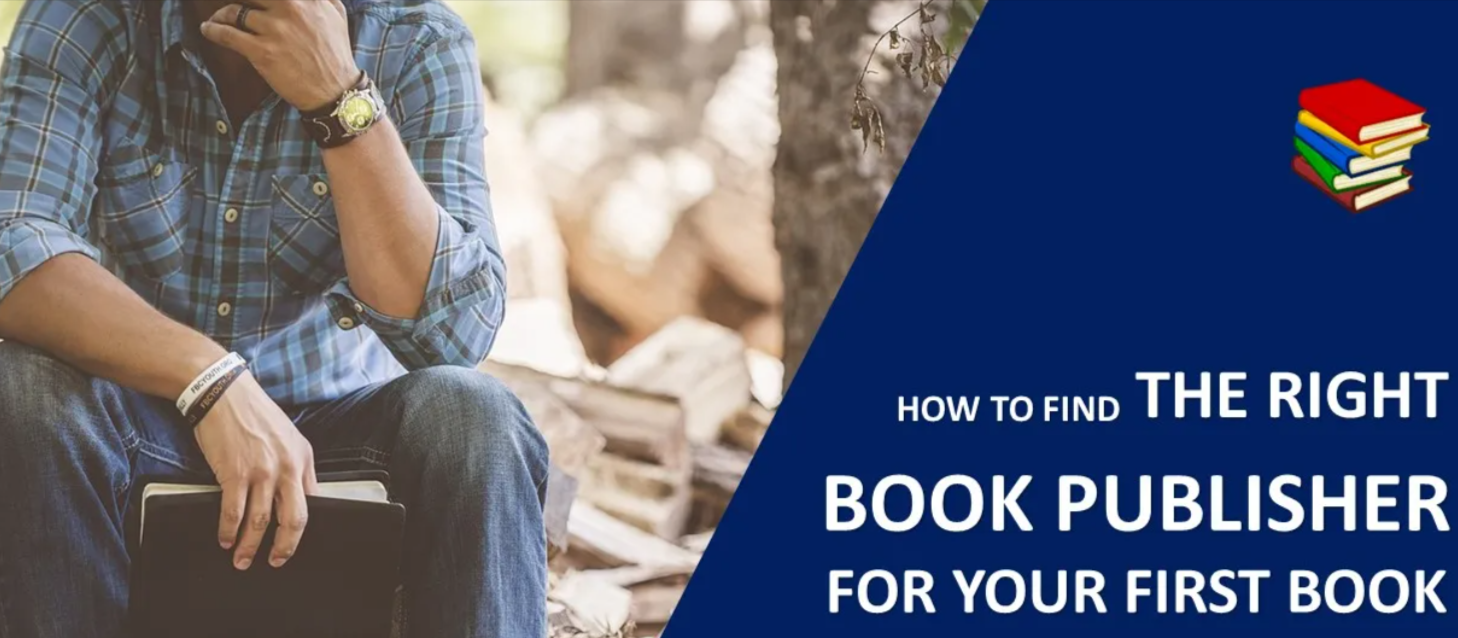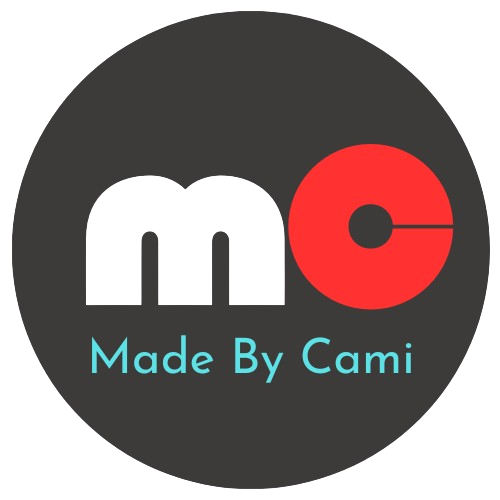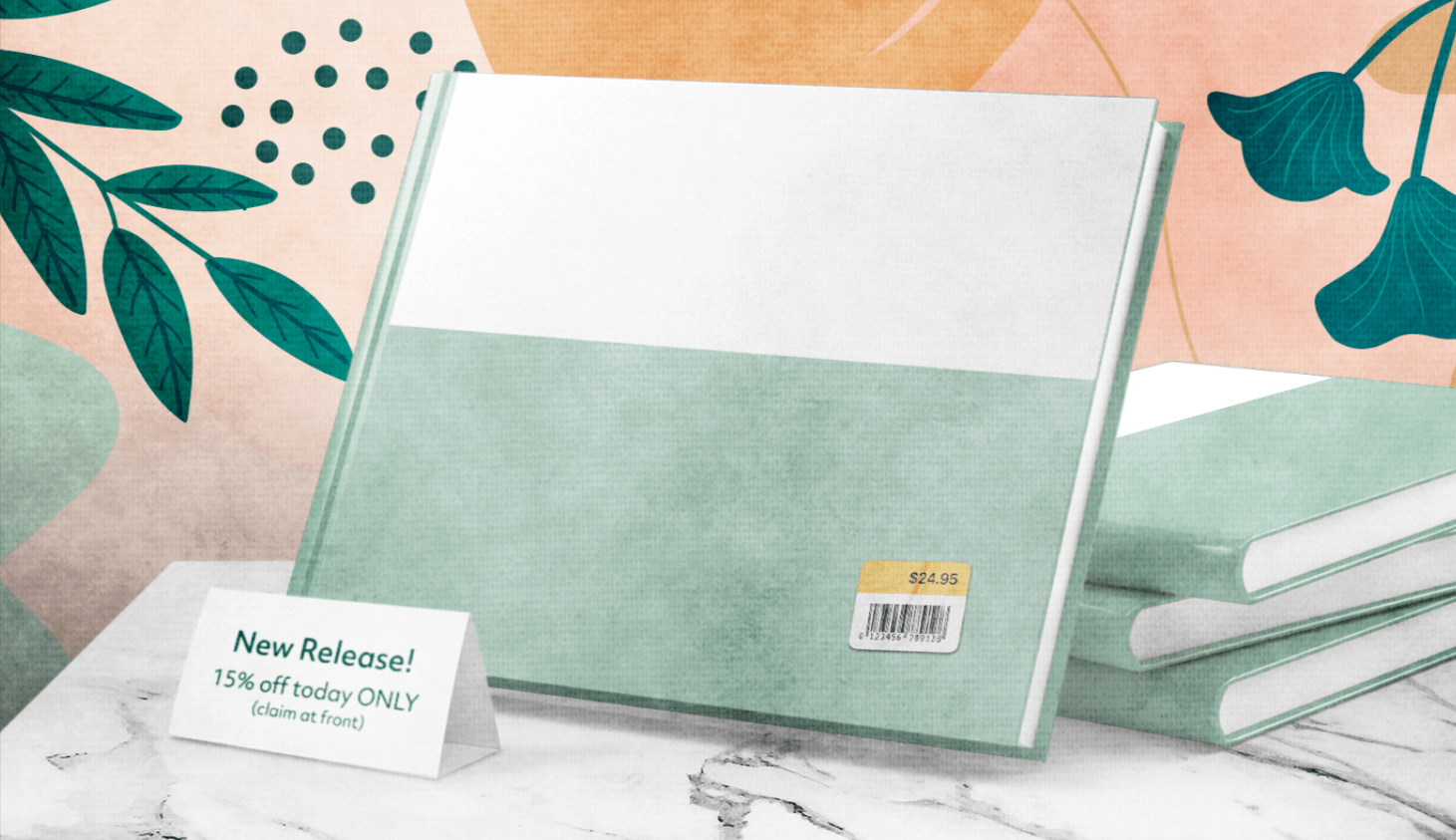How to Find the Right Publisher for Your Book

Choosing the right publisher is one of the major decisions you will make in writing. The different publishers affect not only the way your book will turn out but also your visibility as an author and how your career progression will evolve as an author. How then do you know, among so many publishers available, which is right for you?
In this article, we will walk you through acquiring a publisher that best suits your objectives, needs, and genre. Whether you are a new writer or someone with yearsexperience, having a grasp on the publishing process will maximize the potential of your book.
1. Different Types of Publishers
The very first thing to do when dealing with publishers is trying to understand what kinds you may have available. Three main categories can generally define publishers: traditional, hybrid, and self-publishing.
Traditional Publishers
These are large publishers that provide comprehensive publishing services such as full editing, marketing, distribution, and production. As your book is marketed undertakes all the heavy lifting. Usually, a traditional publisher will do everything. However, they have very high barriers to entry if you do not have an agent and accepting you as a client is already difficult.
Hybrid Publishers
These are in between traditional publishers and self-publishing. They may offer editing, design and even marketing but in some cases, they may expect financial contributions by the authors. More control than traditional publishing, this is a good option that still gives professional services. However, with them, the costs can differ greatly from one publisher to the other.
Self-Publishing
Self-publishing is the independent approach of publishing where you oversee and manage everything such as editing and even distribution. Although having complete authorship and control over has its advantages like the ability to manage how you want your book to be presented, you have to deal with a lot of responsibilities such as marketing and selling your book. Out of all three options, self-publishing is the fastest but comes with many requirements such as time and money.
The Best Fit For You
Every option comes with its benefits and drawbacks. Seeking a hands-off approach, cooperatives or self-publishing options could be beneficial if you have a completed manuscript. On the other hand, traditional publishers may suit you best if you want to relinquish control.
2. Investigate Publishers Relevant to Your Genre
Having settled on the type of publisher for you, the next step is proper research. There are specific publishers for genres and so it is better to have one that agrees with your book's style and motifs.
Begin Searching for Publishers Within Your Niche
Take for instance, if you are writing a mystery novel. You would need to target publishers who deal with that genre. Most publishing houses categorize their works under fiction and nonfiction, such as fantasy, memoirs, romance, and children’s books. Publishers who have published books similar to yours will be more likely to consider your manuscript.
Think About Smaller And Self Owned Publishers
Unlike famouse publishing firms, smaller and independent ones might give authors more consideration since they focus on niche genres. Such publishers also tend to be more liberal with the types of books they produce. For authors seeking to enter into the market without much competition as compared to bigger publishing firms, independent publishers can be very helpful.
Look Into Publisher’s Catalog
Publisher's catalogs should be examined to determine whether or not a publisher will be helpful to your book's tone, style, and subject matter. A publisher's catalog will assist in analyzing the general taste of the publisher's works and determine if the author's book will be among their offerings.
3. Know the Submission Procedures of the Publisher
Every publisher operates on a distinct catalogue which submission procedures need to be studied, paying attention to details, so you are following the correct instructions. These instructions will tell you how to submit your work, what standards they set, and how to deliver the content in a way that enhances your chances of getting selected.
Review Submission Guidelines
Due to a distinct governing policy for each publishing house, all of them are bound to issue guidelines. Having reading comprehension makes it easy to understand specific detail that each publisher requires in exchanging a manuscript to be considered. They range from query letters to manuscripts, synopses or any other extra documents. The same goes for accepting submissions through agents and directly from authors.
Craft the Perfect Query Letter or Proposal
Your query letter or proposal constitutes your initial impression to the publisher, should they accept unsolicited submissions. A query letter usually contains short synopsis of your book, your biography, and a few sentences explaining why you think the publisher would be a good match for your book. The nonfiction authors proposal tends to require a more comprehensive outline along with details on the market potential of the book and the author’s credentials.
Be Ready for a Wait
Some publishers take time, which may stretch to months or weeks. Other publishers, along with having specific timelines for reviewing submissions, may also have particular windows for accepting them. Multi-publisher submissions need to be avoided during the wait period unless their rules allow it which is rare.
4. Research the Publisher’s Reputation and Past Work
Doing this research is vital before signing into any contract. They need to be reputable which means to have a history of writing and publishing successful books, a well known track record of the specific genre, and good reviews by other authors.
Peruse Reviews and Author Testimonials
Conducting a search online reveals reviews on the publisher in question. Check out author interviews and testimonials to gather information about the publisher's and authors' interaction and how supportive the publisher's process is. The stories of other authors who have worked with that particular publisher will help you build a perception of the appropriateness of that publisher.
Examine Their Sales and Promotion Potential
A significant advantage of traditional publishing is marketing and distribution opportunities, which significantly raise a book's profile. Investigate whether the publisher can sell the author’s book to physical stores, online marketplaces, and libraries. There is a need for the publisher to have good industry relationships as they should be able to strongly market the book through social media and other means.
5. Grasp the Economic Conditions
Always ensure that there is a clear understanding of the financial elements of the deal concerning the publisher prior to signing an agreement. The terms and conditions should clearly communicate royalties, advances, and the timeline for payments. Some publishers may have higher starting royalties and offer lower ongoing royalty payments, while other publishers may start lower. It's critical to assess what’s most important to you.
Royalties and Advances
As an author, the earnings you will accrue from your book sales are termed royalties. This comes after the publisher has paid you an advance which is generally paid prior to the book's release. Ensure to analyze the different publishers' payment structures in terms of royalty and advance. Other publishers may wish to pay greater amounts initially but provide lesser amounts over time. On the other hand, some other vendors may offer lesser provides initially, but adequately pay over time.
Rights and Ownership
Foremost, be aware of what rights are being assigned alongside the deal with the publisher. Publishers tend to make the hardest copies first and want the ebook version then paperback and hardcover last. Make a concrete agreement as to what you will be allocating claim to and if you can keep claims to other rights like audiobooks or translations to other languages.


